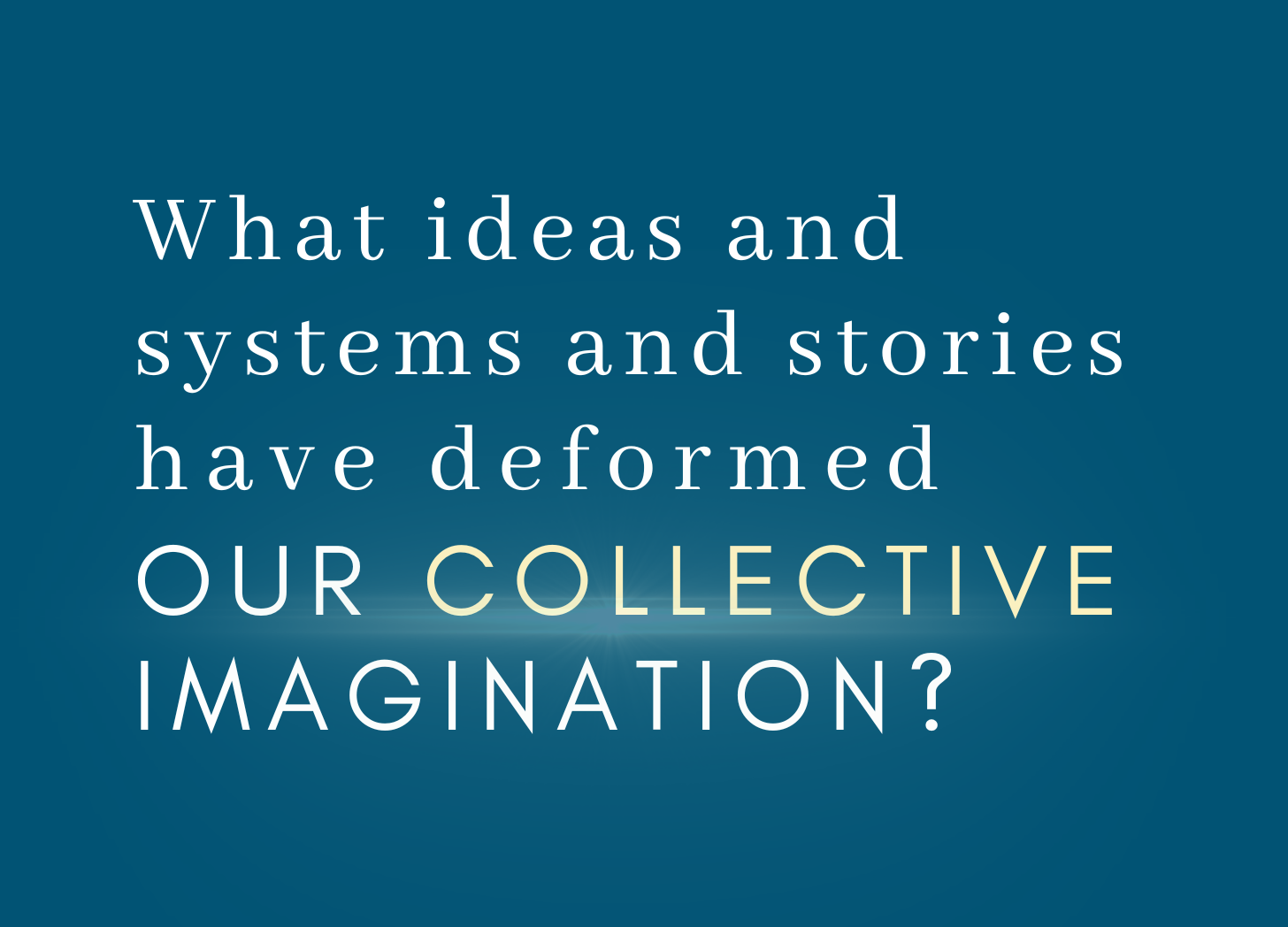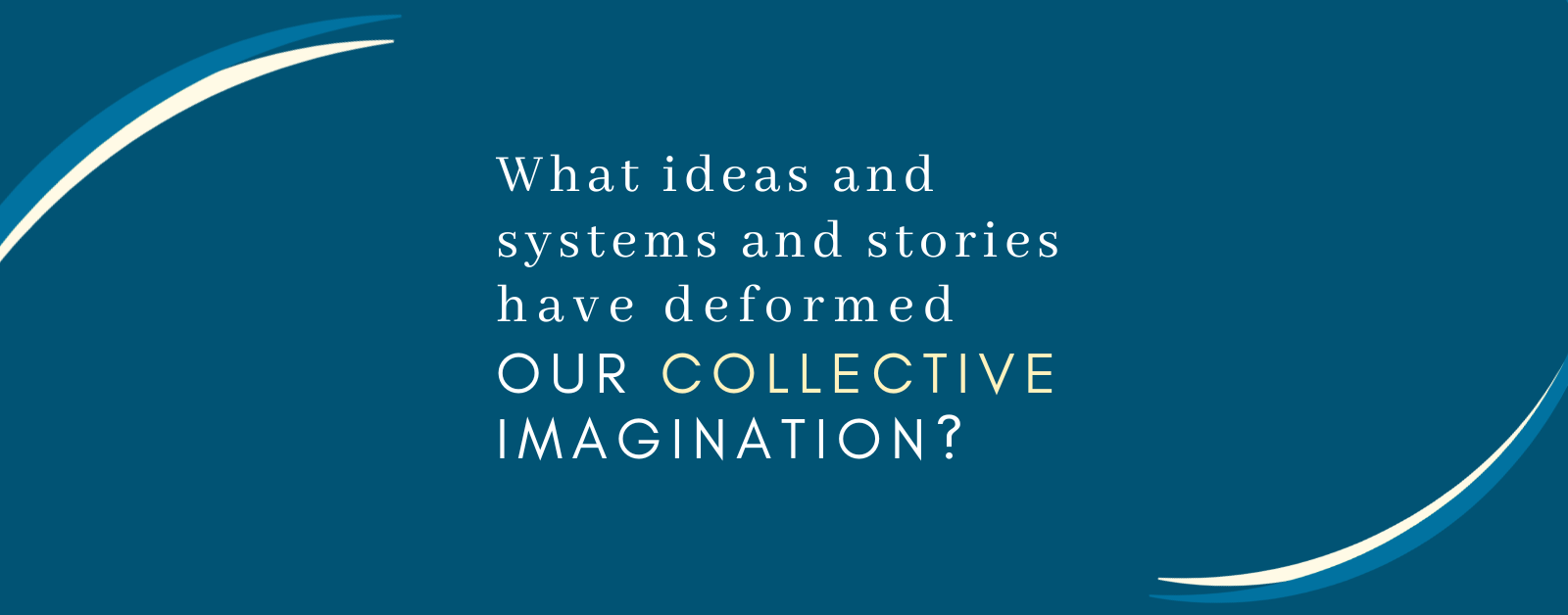When it comes to disability, most westerners have a deformed imagination. I am one of these westerners, although having a daughter with Down syndrome has begun to reshape my imagination in ways that has opened me up to more love and beauty and possibility than ever before.
Something similar was true for Tom Pearson, author of An Ordinary Future: Margaret Mead, the Problem of Disability, and a Child Born Different. Pearson learned his daughter Michaela had Down syndrome after she was born, and his initial reaction was to reject her. He fairly quickly fell in love with her, and instead of rejecting her, he began to reject the ideas that had shaped him into someone who didn’t have an imagination for a good life for someone like Michaela.
Pearson is an anthropologist, and his book is more than a memoir of his own transformation as a human. He tells a story from 1908 to the current day in which prominent intellectuals have advocated for the euthanasia of children with Down syndrome.
He notes the ways in which our medical system has devalued children with disabilities, whether by justifying prenatal testing as a way to “identify and eliminate fetusus with ‘defects,’” or by allowing kids with disabilities to die of preventable diseases and suggesting parents deny them corrective and life-saving surgeries.
And he chronicles the stories we have told ourselves as a society. In The Atlantic, for instance, one man wrote in 1968 about his son who had been born with Down syndrome and institutionalized:
“there are thousands of children on this earth who should never have been born. Their lives are a blank. They do not play; they do not read; they do not grow; they do not live or love.”
These systems and stories deformed Tom Pearson’s imagination, and deformed our collective imagination. Yet the lived experience of a daughter with Down syndrome opened him up to a new way of being in the world.
We can join Tom Pearson in reshaping the imagination of our culture so that kids and adults with Down syndrome are not rejected as burdens but rather, received as beloved. We can join Tom Pearson in reshaping the imagination of our culture so that kids and adults with Down syndrome are not rejected as burdens but rather, received as beloved.

MORE WITH AMY JULIA:
- Book: A Good and Perfect Gift: Faith, Expectations, and a Little Girl Named Penny
- Free Resource: Missing Out on Beautiful: Growing Up With a Child With Down Syndrome
- Free Resource: 5 Things I Wish I’d Known When Our Daughter Was Diagnosed With Down Syndrome
Let’s stay in touch. Subscribe to my newsletter to receive regular updates and reflections. Follow me on Facebook, Instagram, and YouTube and subscribe to my Reimagining the Good Life podcast.




